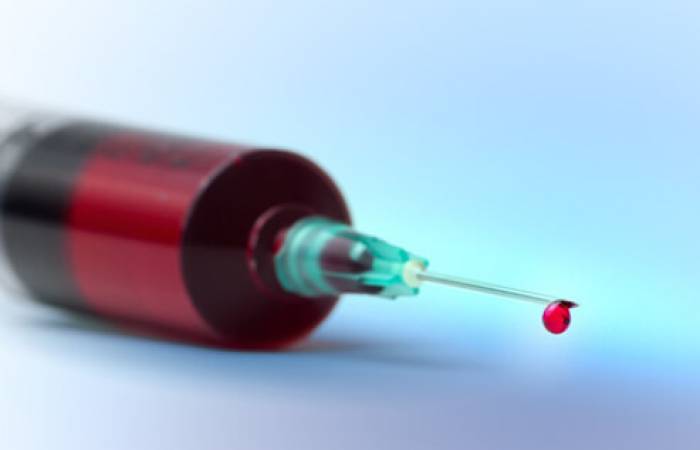The approach carries an amount of risk, as there's a chance the patients receiving the organs might never be cured of hepatitis C.
But the early success of the two trials run separately by the University of Pennsylvania and Johns Hopkins University could provide new hope for the hundreds of thousands of patients on organ donation lists around the world.
In the US alone, more than 100,000 people are waiting to receive kidney transplants, but despite the level of need, organ donations from people with hepatitis C haven't been possible - with viable kidneys even being thrown out due to the infection.
Thanks to the success of these preliminary results, that's something that might change in the future.
"We started this trial in the hopes that, if successful, we could open up an entirely new pool of donor organs, and effectively transplant hundreds, if not thousands, more patients who are awaiting a lifesaving organ," says one of the researchers, liver transplant specialist David S. Goldberg from the University of Pennsylvania.
"Historically, hepatitis C infected kidneys were often discarded, and were thought to be damaged or too 'high-risk'. Our pilot data demonstrate the ability to cure the contracted virus following transplantation in this patient population."
Last year, Goldberg and his team approached 38 kidney patients on dialysis who had been waiting for a donated organ for at least one and a half years.
Once they and their families were informed of the procedure and its risks, 14 provided their consent, with 10 of this group being selected to receive infected kidneys.
One of those, Irma Hendricks, describes joining the trial as a "no brainer", having been on dialysis for six months and facing a five-year wait before a donated kidney would be available.
"I went to a dialysis centre three days a week," she told Marie McCullough at The Philadelphia Inquirer.
"It gave me constant headaches and fatigue. I felt, 'What do I have to lose?' I would rather deal with hep C than dialysis."
Like all the other patients in Goldberg's trial, Hendricks did contract the virus when she received her transplant – but all of the group managed to beat the virus thanks to a 12-week course of the oral medication Zepatier, donated by the funder of the study, Merck.
"I feel as good as I felt maybe a decade ago," says one of the patients, Kiran Shelat.
"I have lots of energy, I'm sleeping better, and my outlook on life has definitely improved."
In a similar but separate trial involving 10 patients at John Hopkins University, the antiviral treatment also successfully eradicated the virus in all participants.
The results are only preliminary at the moment, having been announced at the American Transplant Congress in Chicago over the weekend – although the results of the University of Pennsylvania trial were published in a brief letter in The New England Journal of Medicine.
But the researchers are optimistic – if larger studies can confirm that the technique is safe, it could mean hundreds of kidneys infected with hepatitis C could potentially be used in transplants in the future.
"This has the potential to enable 500 to 1,000 more people to get kidney transplants [annually], just based on how many organs are being discarded now," says surgeon Niraj Desai, who ran the kidney transplant trial at Johns Hopkins University.
"So it's very exciting."
Moving ahead, the researchers want to expand the trials. The University of Pennsylvania team is now extending the trial to another 10 kidney patients, and plan to conduct new clinical trials in the future, transplanting hearts, livers, and lungs donated by people with the virus.
One hurdle with these kinds of treatments could be the high cost of the medications used to combat hepatitis C.
The drug used in the trial usually costs US$55,000 for a round of treatment, and another new medication to treat the virus, Harvoni, costs US$94,000.
But if the researchers can figure out a way to keep these prices down – such as by devising shorter treatment windows than the 12 weeks used in the clinical trials – there could be an awful lot of promise here.
/Science Alert/
More about: #HapatitisC
















































